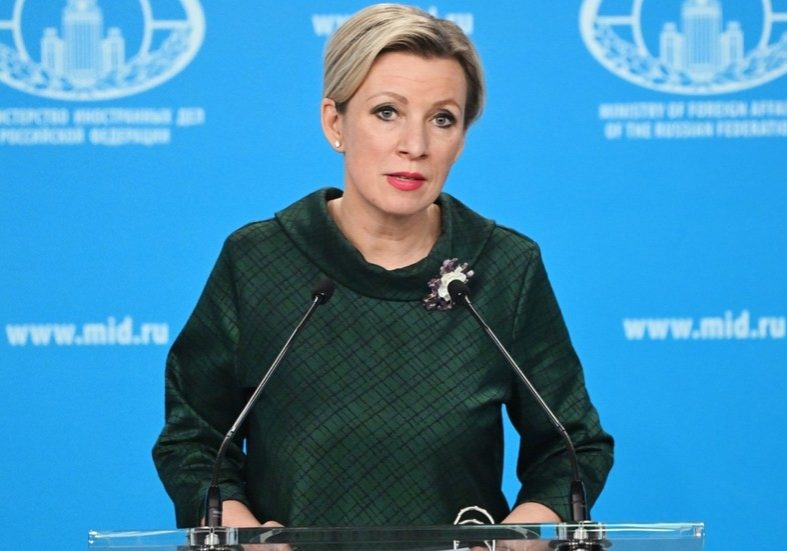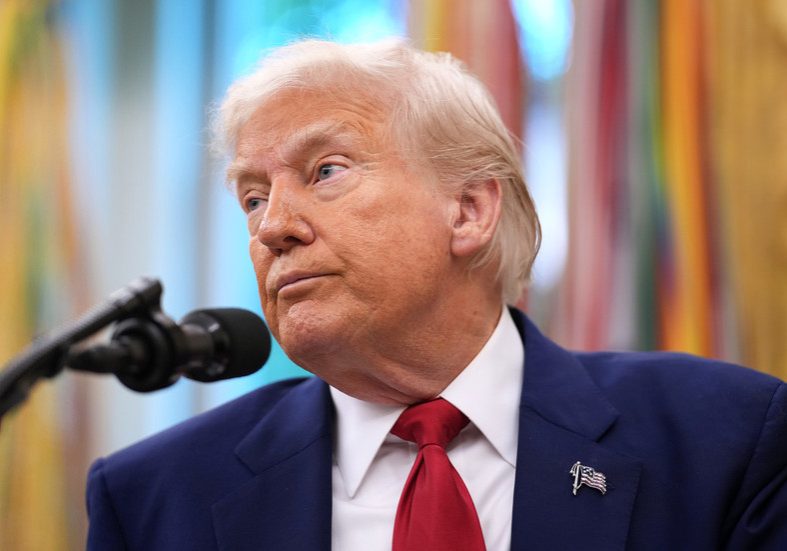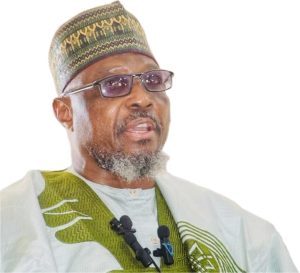International Court of Justice Dismisses Sudan’s Genocide Case Against UAE
In a shocking turn of events, the International Court of Justice (ICJ) has dismissed a case brought by the Sudan government against the United Arab Emirates (UAE), alleging violations of the Genocide Convention. The Court’s decision, made on May 5, was based on a technicality that has left many questioning the effectiveness of international justice. The UAE had made a strategic reservation to the Genocide Convention in 2005, excluding article 9, which grants the ICJ jurisdiction over disputes concerning the Convention’s interpretation, application, or fulfillment.
At the heart of the case were allegations that the UAE was complicit in genocide and other grave violations of the Genocide Convention in Sudan’s western region of Darfur. Sudan accused the UAE of providing extensive military, financial, and logistical support to the Rapid Support Forces (RSF) militias, enabling them to carry out systemic killings, rape, forced displacement, and looting, particularly targeting the non-Arab Masalit community in West Darfur. The UAE categorically denied all allegations, dismissing the case as baseless and a publicity stunt.
The ICJ’s dismissal of the case has significant implications for accountability in Sudan’s conflict. While the ruling does not grant impunity to the UAE, it does mean that one of the most prominent international legal forums cannot examine evidence of potential genocide. Sudan can still pursue other avenues, such as the International Criminal Court (ICC), which has jurisdiction to prosecute individuals and maintains a mandate for Darfur.
The case exposes deeper systemic problems in international justice, highlighting the limits of international law and the reliance on voluntary state participation. This dynamic allows countries to appear committed to human rights while avoiding scrutiny through strategic reservations. As one representative of a civil society organization in Sudan noted, "The international community must stop turning a blind eye to the suffering of Sudanese people." The urgent need to reassess how the international community approaches justice in conflict zones has never been more pressing. Robust mechanisms that transcend the discretion of powerful states are needed to genuinely uphold human rights and ensure accountability for atrocities.








